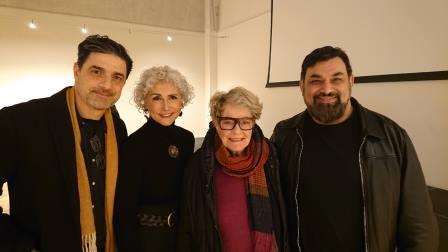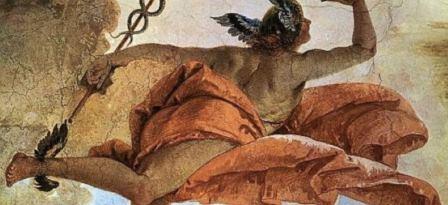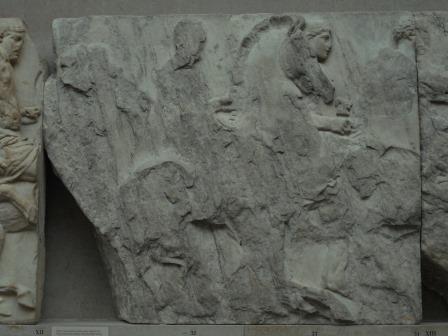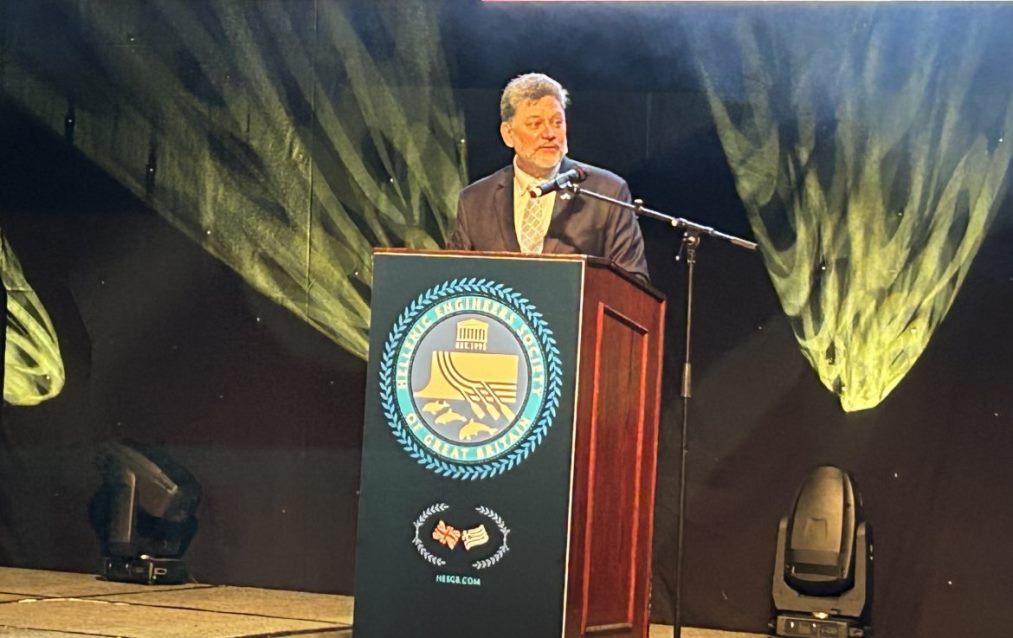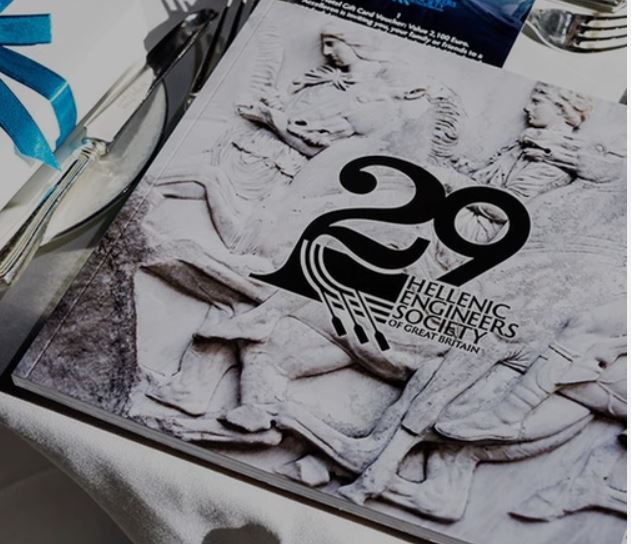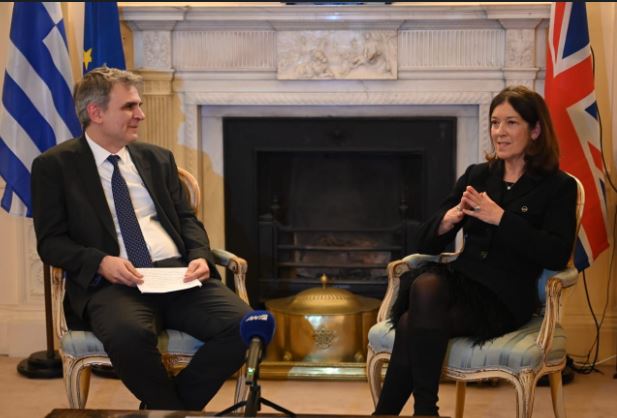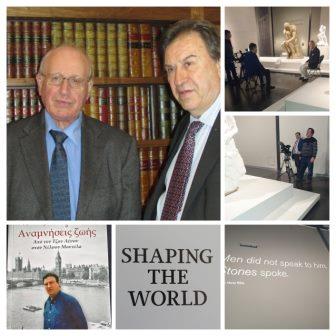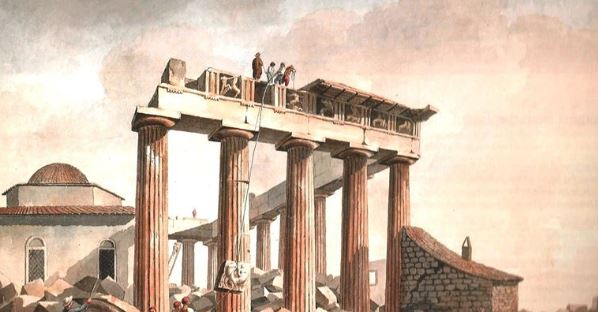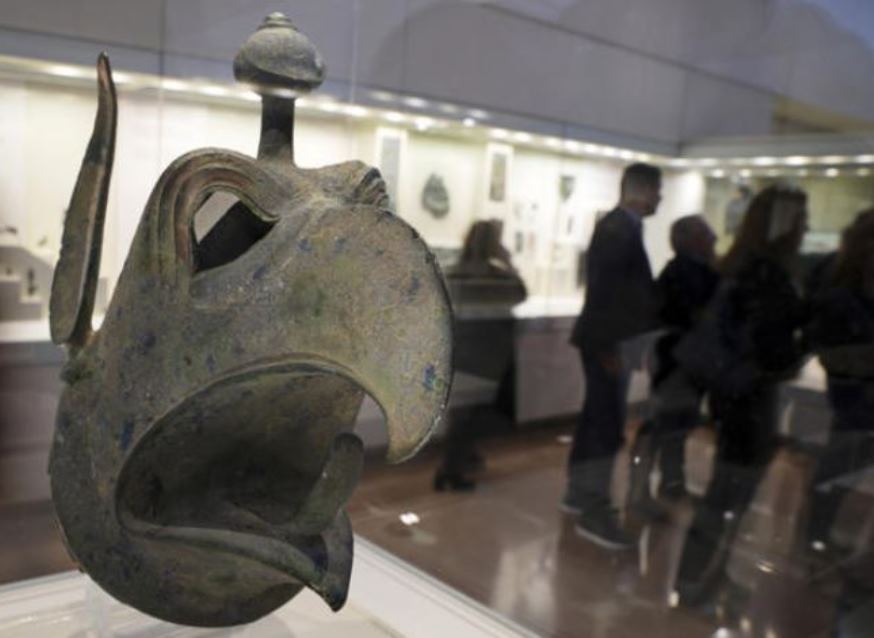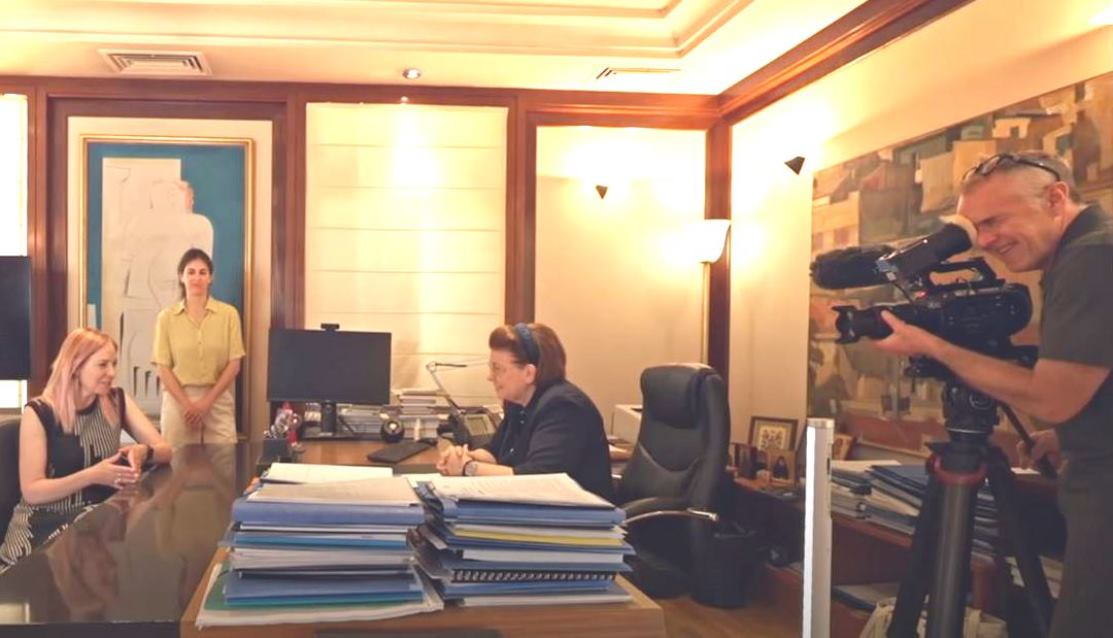On Thursday 29 Feb 2024, at 7 pm many gathered at the Hellenic Centre in London to hear Evdoxia Lymperi, the Greek Public Broadcaster and London based correspondent for ERT, present: Messengers and Communication in Ancient Mythology & Drama.
What is the equivalent of journalistic correspondence in ancient drama? Who were the people tasked with reporting happenings elsewhere?
Theatrologist, brodcaster and London correspondent for ERT, Evdoxia Lymperi took the assembled on a special journey. From the awesome world of ancient Greek drama and mythology, along with real and fantasy characters who were created to deliver communications at that time, to current day, and the war correspondents that many of us hear at least once a day reporting from around the globe.
Messengers in ancient times brought events to life and journalists today reporting from around the globe also look to inform us. Commanding the respect of audiences past and present remains key and to do so, the reporting must be truthful. Today, and despite the added visual element provided, words continue to matter, as indeed they did in ancient times, when there was no visual. Words are key and how they were used by the mesengers then and journalists today, remains pivotal.
Joining the event were two very special guests: actor and brodcaster Alexis Conran plus actor and political commentaror, and broadcaster, Alex Andreou. Each performed a reading from Greek tragedy, both had us sitting up to capture every word!
With thanks to Evdoxia for her enlightening and enjoyable presentation.
This event was organised under the auspices of the Embassy of Greece in London.
Pictured below Janet Suzman, Chair of BCRPM, with Evdoxia Lymperi, Alexis Conran and Alex Andreou.
